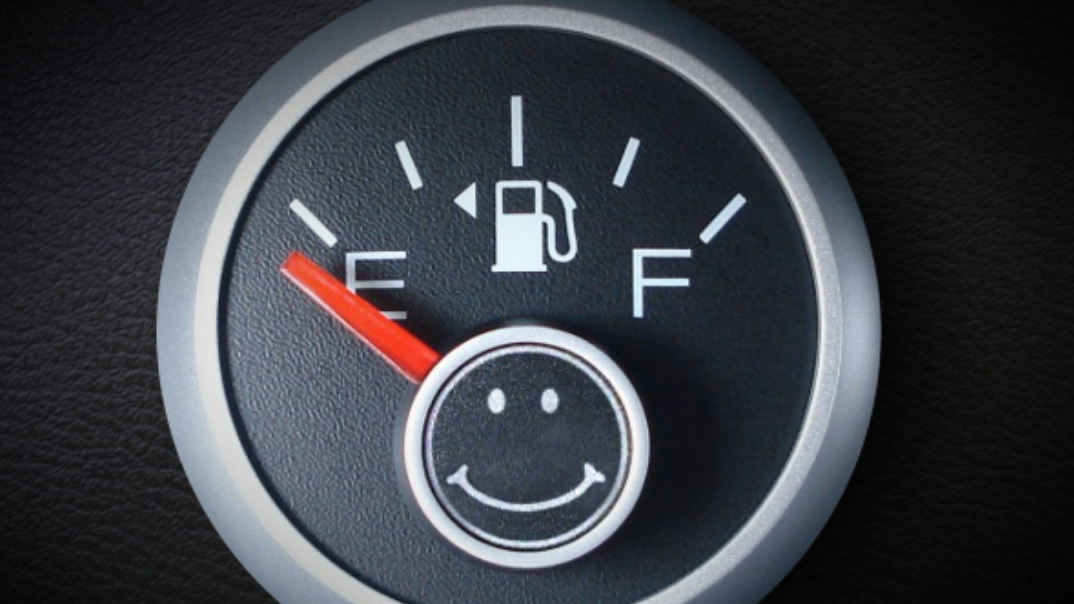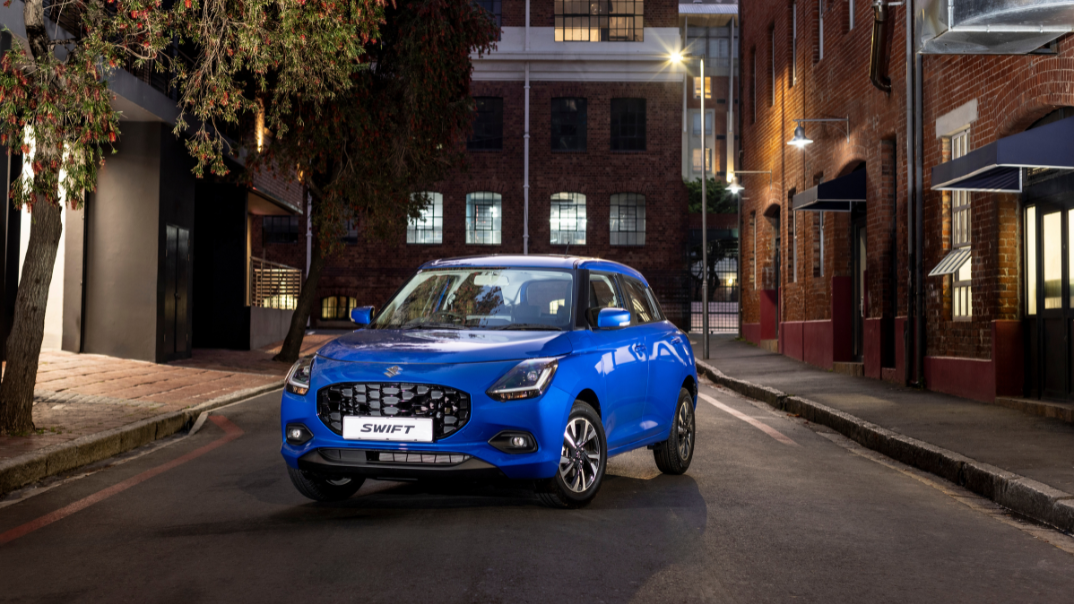 Fuel efficiency is every driver’s goal, but how do you know if you’re hitting the mark?
Fuel efficiency is every driver’s goal, but how do you know if you’re hitting the mark?
The term ‘fuel efficient’ has become ingrained in the automotive industry, and the concept has become crucial to most buyers with sky-rocketing fuel prices. But how do you know whether a car really is efficient? What’s the standard, and how do you compare? For many buyers fuel consumption is a mystery as they have very little frame of reference and don’t know whether the fuel consumption figures indicated on a specific car are good or bad.
Luckily, fuel efficiency has become such a hot topic that it has forced many vehicle manufacturers to do more realistic testing, and there is also a lot more information available to buyers researching their next car. To help you sift through all the info, below are a few tips on how to figure out whether your current or next car really is fuel efficient:
1. Compare apples with apples
All manufacturers must display fuel consumption figures for all their vehicles. You will often find three figures:
City / town driving – this will be the highest figure per 100km.
Highway / open road driving – this will be the lowest figure per 100km.
Average / Mixed / Combination – this will be an average between the two above-mentioned figures.
The main figure to use when comparing is the Average / Combined fuel consumption, as this gives you the best overview and some manufacturers only use Average consumption figures. You can find average fuel consumption figures on most manufacturer websites, or by asking a dealer. In most modern cars, you’ll be able to check your average consumption on the driver’s display. Note: the driver’s display will show your actual average consumption and not the average estimated by the manufacturer.
The next step is to compare your vehicle’s average consumption with that of other, similar vehicles. It is crucial to only compare cars of similar size, weight and engine capacity. A bigger or heavier car will always use more fuel, and it won’t be a fair comparison. Also, remember that automatic vehicles tend to use slightly more fuel than manual vehicles – so make sure your comparison is accurate by only comparing vehicles that fall into the same category.
There are plenty of online resources to research fuel efficiency (in addition to figures published by manufacturers), but it’s important to keep the search wide so you get a good overview and not just one or two articles that might sway you in the wrong direction. ‘Average’ is the key word here, and it applies to your research as well – you want to get the average opinion, not just extremes.
2. Driving style matters
It may sound old-fashioned, but word-of-mouth is still one of the best ways to get proper information when you’re considering a new car. If you’re interested in Vehicle A & B, try to speak to people who own them. Ask about fuel consumption, but also remember to ask under what conditions their cars are used, because this does make a difference.
Someone who regularly drives on the open road, or with little traffic, will get better fuel efficiency from the exact same car as someone who sits in stop-start traffic on a daily basis. Small things about everyone’s driving style can make a big difference in how much fuel they use.
This is precisely why very few vehicle owners will ever have the exact same fuel consumption as the figure on the manufacturer’s website – because everyone drives differently and under different conditions. Manufacturer figures are a close guideline, but it’s rare for two drivers to get the exact same consumption figures, which means it’s impossible for manufacturers to get a figure during their testing that will precisely match that of all their clients.
If fuel efficiency is a big part of your buying decision, you will need to put in the legwork and do plenty of online research and speak to as many owners, or vehicle experts, as you can. It’s the only way to make sure you get the big picture and not just one person’s opinion.
3. Extremes are not normal
If you own a vehicle and find that you’re using a lot more fuel than the manufacturer’s average claim (for example: you’re using 8.5 l/100km, but manufacturer claim is 5.5 l/100km), you definitely need to have your vehicle checked. Your driving style or traffic load might push up your consumption, but such a big difference could mean there is something wrong with your car. Variances in fuel consumption are normal, but extreme differences can indicate a mechanical problem.
4. Age matters
When it comes to fuel efficiency, vehicle age can make a big difference. Manufacturers are constantly finding new ways to improve the fuel consumption on their vehicles and a few years can make a huge difference. Newer cars will likely be more efficient than vehicles that are a few years older. Keep this in mind when doing your research or comparing your vehicle to others.
Not everything that is old is broken. In fact, the better you maintain your vehicle during its prime years, the better it ages and lasts longer. Download our eBook on how to extend the lifespan of your vehicle.
There are plenty of handy tools to help you get started if you want to determine whether your vehicle is really fuel efficient, but it’s important to factor in your own real-life conditions when doing so. If the manufacturer claim is 4.7 l/100km, for example, and your vehicle display shows just over 5.0 l/100km, it’s not unusual. Regular traffic, road conditions, a fully packed car will all push up your consumption, but such a small difference means your car really is efficient.
In the long run, every bit of research around these points will allow making a more informed decision on which car would best fits into your budget. This is just a tip of the iceberg of the kind of information we’d like to share with you to better understanding your car and its performance. Here’s an all-new eBook of ours that highlights interesting 101 car facts for beginners and/or experts. You could always learn something new.



![Are you a good driver? [quiz]](https://blog.suzukiauto.co.za/hubfs/Untitled%20design%20%2892%29.png)
